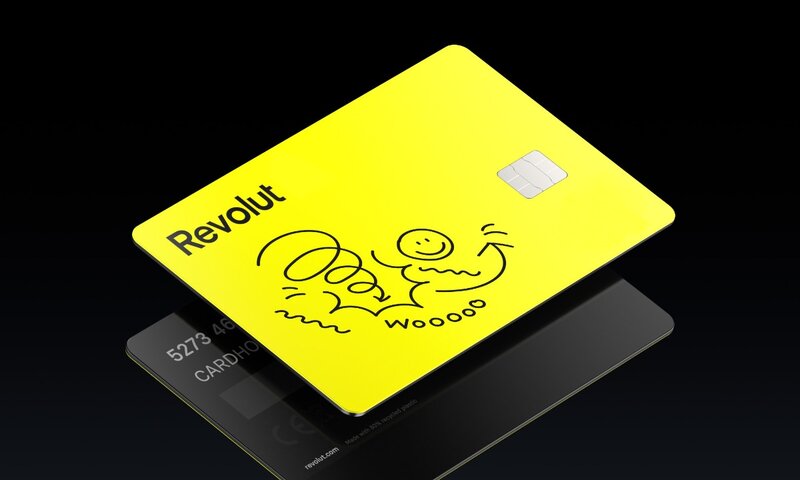If you need to borrow money for any reason, you can use your car, boat, motorbike, or almost anything else of value to secure a personal loan, depending on your lender. But you don't necessarily have to stump up a material possession.
The equity in your home can also be used as security, potentially securing you lower interest rates and more favourable loan terms. Here's how it works.
What is a personal loan secured by equity?
A secured personal loan is a loan secured against something you own; in this case, the equity (or the value that belongs to you) in your home.
In simple terms, home equity can be calculated by taking the value of your home and deducting what you owe on your home loan. So, if your home is worth $650,000 and you owe $450,000 on your home loan, you have $200,000 in equity. (See more on usable equity below.)
Equity can be a powerful financial tool as it can be used as security in purchasing another property or, in this case, securing a loan to cover other purchases.
A personal loan secured by home equity works in the same way as any other secured personal loan. Your lender will want to verify your ownership and ascertain the value of your asset as part of your loan assessment.
In this case, you'll need to provide the lender with details of your mortgage and how much equity you have built up, as this will help determine how much you can borrow. Of course, other factors including your financial position, credit history, and ability to repay the loan will also determine how much you can borrow.
Because you're putting up an asset (the equity in your home) as security for the loan, you may be able to obtain a better interest rate because of the lowered risk to the lender. Secured loans generally come with considerably lower interest rates than unsecured loans.
However, while using the equity in your home might give you a better rate, you're also taking a risk if you can't meet your repayments for any reason. If you default on your loan, the lender has the right to seize your asset - in this case, your home - to recoup the debt.
Simply put, taking out a secured loan transfers more of the risk of lending to you rather than your lender, so it's important to understand there may be a price to pay for securing a better interest rate on your personal loan.
How much equity can I use to secure a personal loan?
As we've ascertained, equity is the amount of your home's value that actually belongs to you.
But most home lenders will not let you put up the whole amount as security against another loan. The standard portion that's permitted is 80% of your home's value.
So, using our previous example, let's calculate what's called usable equity:
80% of your home's value: $650,000 x 0.80 = $520,000
The amount still outstanding on your home loan: $450,000
Potential useable equity: $520,000 - $450,000 = $70,000
This lowers the amount of equity you can access as security against another loan but also provides a built-in safety net for both your home lender and you.
Bear in mind, even a healthy sum of home equity doesn't guarantee you will secure a loan for that amount as you'll still need to go through the personal lender's usual approval process.
What can you use a personal loan secured by equity for?
There aren't many restrictions around what you can and can't use a personal loan for. You can use a personal loan to finance a car, a holiday, an engagement ring, a wedding, home renovations, big-ticket items for your home, or to consolidate debt. There are even 'green' personal loans primarily to be used to make your home more energy efficient.
The table below features some of the most competitive personal loans on the market:
Risks of personal loans secured by equity
While it is one thing to unlock the equity in your home for other purposes, it pays the understand the consequences if you default on your personal loan.
In the worst-case scenario, your lender may be able to sell your home to recoup the debt you owe. As such, it can be risky to use your home equity as security for another loan if you aren't completely confident in your ability to repay that debt.
It's important to consider your financial position carefully to determine whether using equity as security for the loan is the right move for you. Remember, you will likely still have to service your home loan as well as any new loan you take on.
If you assess the risk is too great, you may wish to investigate whether taking out an unsecured personal loan is better for your circumstances. As a general rule, these loans can come with higher interest rates because of the added risk to the lender. You may also not be able to borrow as much with an unsecured personal loan as you can with a secured loan.
See also: Savings.com.au's Borrowing Calculator
Alternatives to using a personal loan secured by equity
If you want to use the equity in your home to help finance something else, there are other ways you can tap into your home's equity:
Refinance
One of the most popular ways to access the equity in your home is to refinance your mortgage. Essentially, refinancing is when you switch home loans. If your property has grown in value, your lender - or another lender - may allow you to refinance based on your home's new value which can unlock any equity you've already built up.
By refinancing, you could also access a better interest rate on your home loan, although that should be weighed up against the costs of refinancing to another loan.
Line of credit
A line of credit loan is a form of revolving credit that lets you access some of the equity you've built up in a property to satisfy short- or long-term needs. You can withdraw up to a certain amount (the credit limit) which your lender will determine.
Just like a credit card, line of credit loans only charge interest on the amount you've used, not the entire credit limit. So, if you've been approved for a line of credit loan of $150,000 but you only withdraw $50,000, you will only be charged the interest rate on the $50,000 you've accessed, not the entire $150,000.
Offset account/redraw facility
If you make any extra repayments on your mortgage beyond the required minimum monthly repayments, you can access these extra repayments through either an offset account or redraw facility if your mortgage has one.
Savings.com.au's two cents
Home equity can be a useful financial tool and is a recognised form of security for many personal loans. But before you go down the path of applying for one, make sure you understand the consequences of putting up your home equity as security for another loan.
Ask yourself whether you can afford to service your current home loan as well as a new personal loan. If you were to default on your repayments for either loan, your home may be seized and sold to recoup your debt (or debts).
It's also worth investigating other options to access the equity in your home. Of course, you don't need to apply for a personal loan with the same lender as your home loan, but it may pay to speak to them first.
First published on May 2021
Photo by PhotoMX Company from Pexels






 Harrison Astbury
Harrison Astbury
 Harry O'Sullivan
Harry O'Sullivan